Periodontal (gum) disease is the leading cause of tooth loss among adults in the UK. Even without suffering from gum disease, tooth loss is something none of us want and can lead to confidence issues as well as some more complicated health problems.
Therefore, it is of no surprise that individuals with gum disease may be wondering if they are suitable candidates for dental implants in London to provide them with a more complete smile.
Following are some of dental implants photos:
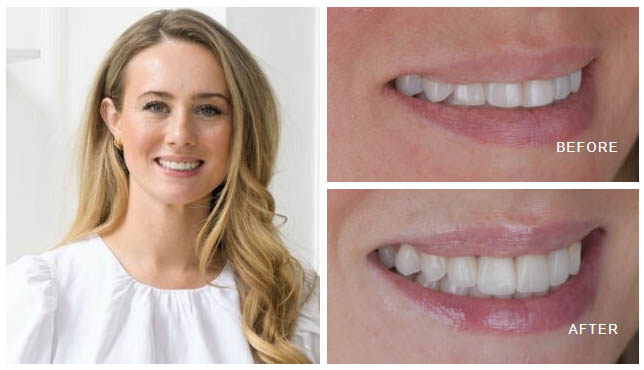
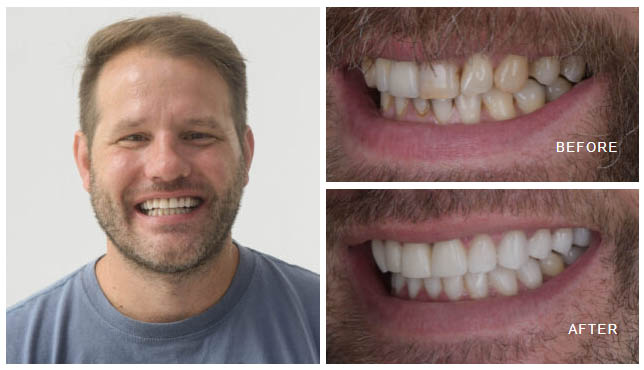
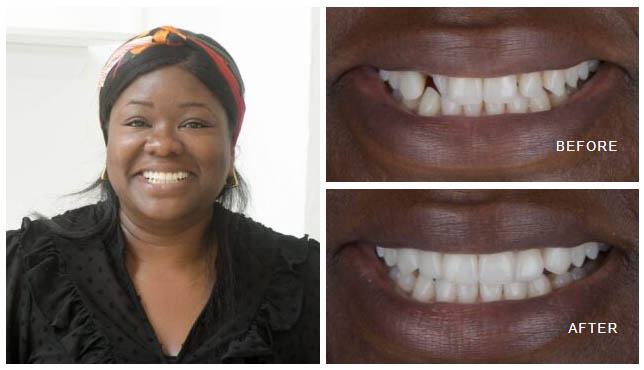
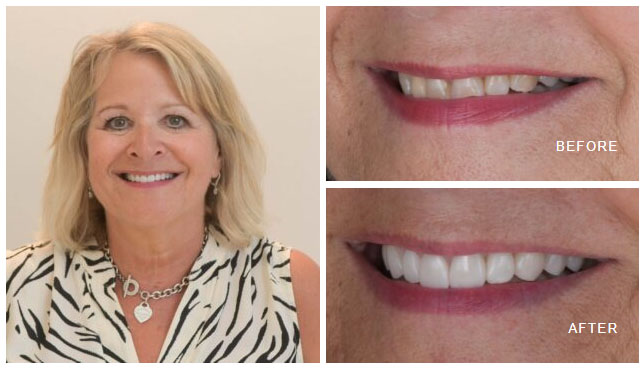
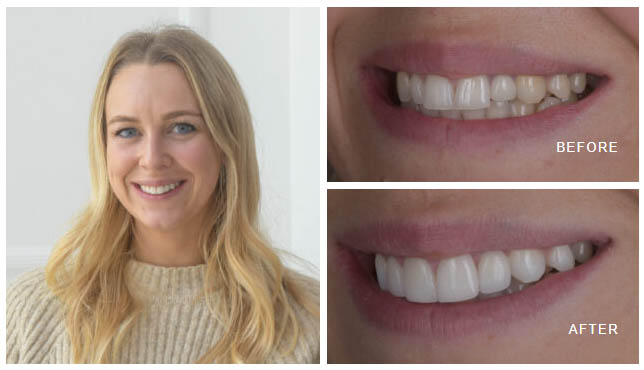
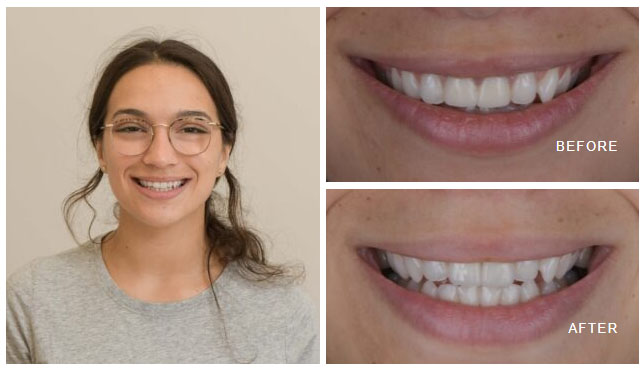
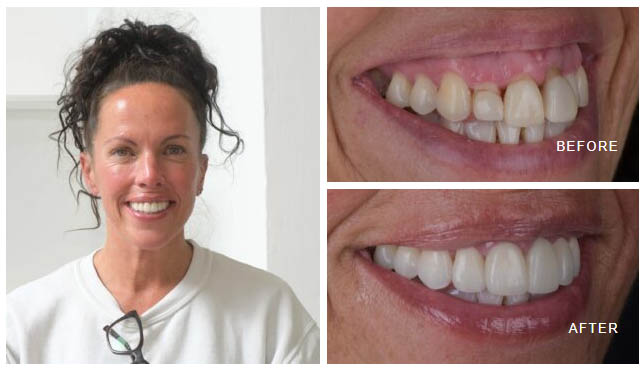
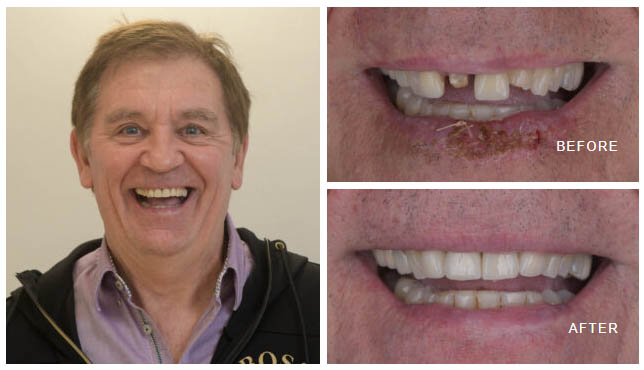
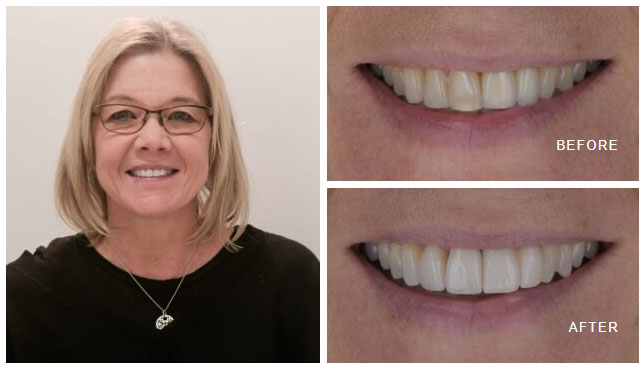
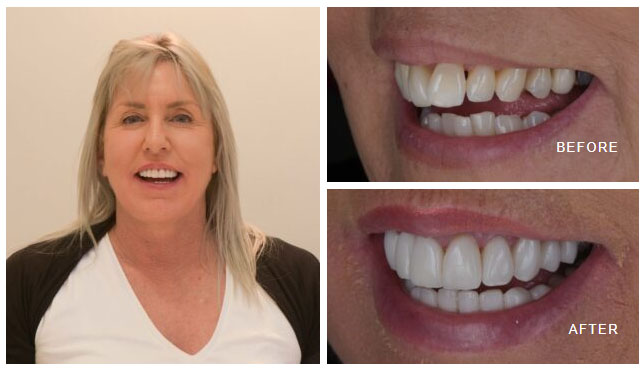
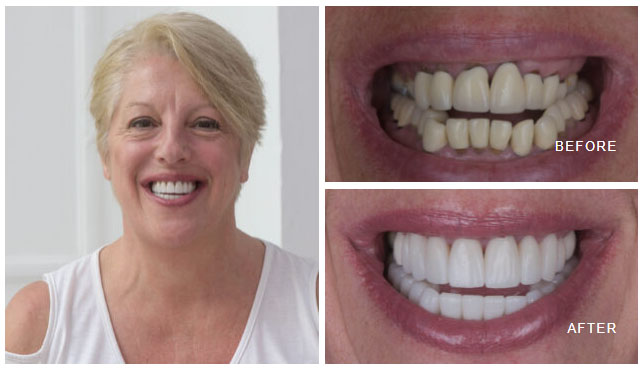
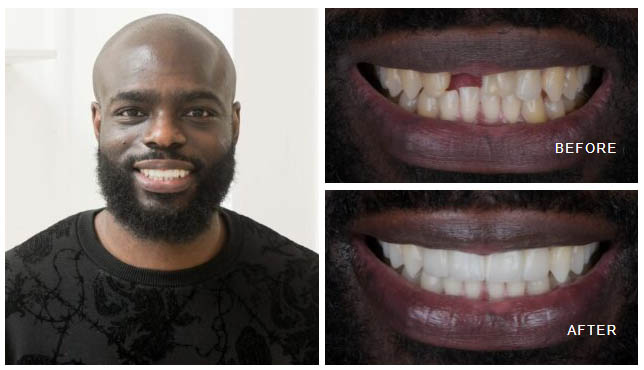
Dental implants are a fantastic method of replacing teeth, or filling the gap where teeth once were, with a durable and semi-permanent alternative. However, due to the lasting damage caused by gum disease, dental implants may not be immediately available for you.
Can you have dental implants with gum disease?
No, it would not be possible to receive a dental implant if you currently have gum disease. You would need to fully clear your gum disease first and then have a dentist assess whether or not you would be a suitable candidate for a dental implant.
Gum disease begins as bacteria on the surface of the tooth near the gum line and then spreads and causes damage to both the soft tissue of the gum as well as the bone content within the gum.
To receive a dental implant, you need plenty of strong bone content as well as a sufficient amount of soft tissue to house the metal implant that your new tooth is fixed on. Consequently, if you have lost too much bone as a result of gum disease, or your gum line has receded too far, then you may be ineligible for dental implants.
The good news is that there is a high chance that the damage caused by gum disease is reversible – aside from the loss of your natural tooth. After clearing up your gum disease, you may be eligible to receive a bone graft to increase the amount of bone content in your jaw. Once the implanted bone bonds to the current bone, it will harden and then be suitable for housing a dental implant.

I have gum disease, what are my options?
If you currently have gum disease then your first port of call is to receive treatment and fully recover from that. Once treated, a dentist can then assess your suitability for dental implants.
During your treatment, your dentist will be able to identify whether you will be able to keep your teeth or if you will end up losing them. If you are going to lose your teeth then the best course of action may be to have them extracted and your gums professionally cleaned before moving forward.
This professional cleaning is very important as losing your tooth does not mean that your gum disease will go away naturally. In fact, you may even find yourself at risk of your gum disease worsening as there will be more space where bacteria is able to thrive.
It is also possible to develop gum disease after receiving a dental implant. This is referred to as peri-implantitis and it can eventually lead to you losing your dental implant, with the potential of much more severe health complications arising over time if not treated.
If you are not suitable for dental implants or a bone graft, then there may be other treatment options for you to receive a full smile, although these may be less permanent.
For example, you may be able to wear either complete or partial dentures. These may help with your confidence and ability to live life as normal with activities such as speaking or eating. However, if you have poorly fitting dentures or do not keep your dentures clean regularly, then you may be setting yourself up for failure and encouraging gum disease or even more bone loss.
The best advice that we can give is for you to visit your dentist at least twice a year and follow appropriate hygiene practices to prevent gum disease either in the first place or from returning.



